James H. Willbanks - Abandoning Vietnam: How America Left and South Vietnam Lost Its War
Here you can read online James H. Willbanks - Abandoning Vietnam: How America Left and South Vietnam Lost Its War full text of the book (entire story) in english for free. Download pdf and epub, get meaning, cover and reviews about this ebook. City: Lawrence, year: 2004, publisher: University Press of Kansas, genre: History. Description of the work, (preface) as well as reviews are available. Best literature library LitArk.com created for fans of good reading and offers a wide selection of genres:
Romance novel
Science fiction
Adventure
Detective
Science
History
Home and family
Prose
Art
Politics
Computer
Non-fiction
Religion
Business
Children
Humor
Choose a favorite category and find really read worthwhile books. Enjoy immersion in the world of imagination, feel the emotions of the characters or learn something new for yourself, make an fascinating discovery.

- Book:Abandoning Vietnam: How America Left and South Vietnam Lost Its War
- Author:
- Publisher:University Press of Kansas
- Genre:
- Year:2004
- City:Lawrence
- Rating:4 / 5
- Favourites:Add to favourites
- Your mark:
Abandoning Vietnam: How America Left and South Vietnam Lost Its War: summary, description and annotation
We offer to read an annotation, description, summary or preface (depends on what the author of the book "Abandoning Vietnam: How America Left and South Vietnam Lost Its War" wrote himself). If you haven't found the necessary information about the book — write in the comments, we will try to find it.
That strategy, Vietnamization, was designed to transfer full responsibility for the defense of South Vietnam to the South Vietnamese, but in a way that would buy the United States enough time to get out without appearing to run away. To achieve this goal, America poured millions of dollars into training and equipping the South Vietnamese military while attempting to pacify the countryside. Precisely how this strategy was implemented and why it failed so completely are the subjects of this eye-opening study
Drawing upon both archival research and his own military experiences in Vietnam, Willbanks focuses on military operations from 1969 through 1975. He begins by analyzing the events that led to a change in U.S. strategy in 1969 and the subsequent initiation of Vietnamization. He then critiques the implementation of that policy and the combat performance of the South Vietnamese army (ARVN), which finally collapsed in 1975.
Willbanks contends that Vietnamization was a potentially viable plan that was begun years too late. Nevertheless some progress was made and the South Vietnamese, with the aid of U.S. advisers and American airpower, held off the North Vietnamese during their massive offensive in 1972. However, the Paris Peace Accords, which left NVA troops in the south, and the subsequent loss of U.S. military aid negated any gains produced through Vietnamization. These factors coupled with corruption throughout President Thieus government and a glaring lack of senior military leadership within the South Vietnamese armed forces ultimately led to the demise of South Vietnam.
A mere two years after the last American combat troops had departed, North Vietnamese tanks rolled into Saigon, overwhelming a poorly trained, disastrously led, and corrupt South Vietnamese military. But those two years had provided Nixon with the decent interval he desperately needed to proclaim that peace with honor had been achieved. Willbanks digs beneath that illusion to reveal the real story of South Vietnams fall.
James H. Willbanks: author's other books
Who wrote Abandoning Vietnam: How America Left and South Vietnam Lost Its War? Find out the surname, the name of the author of the book and a list of all author's works by series.

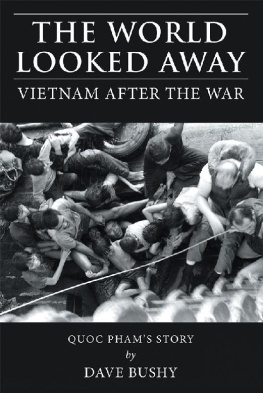
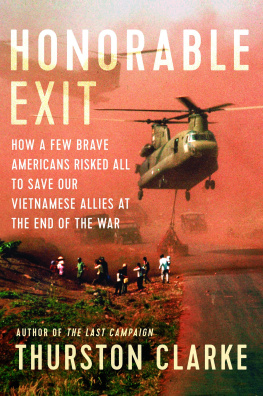
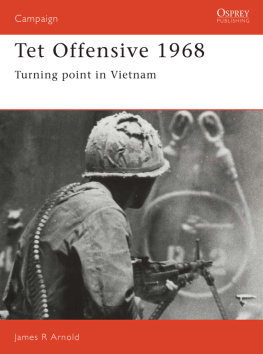
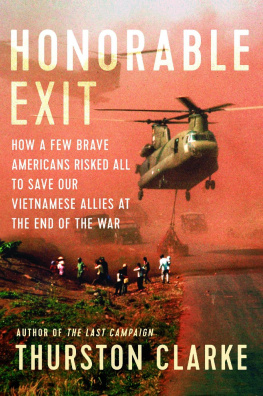
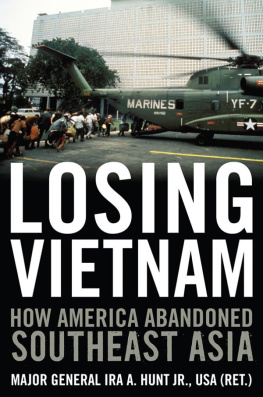

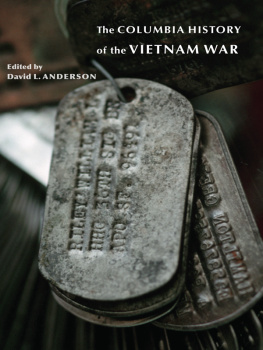
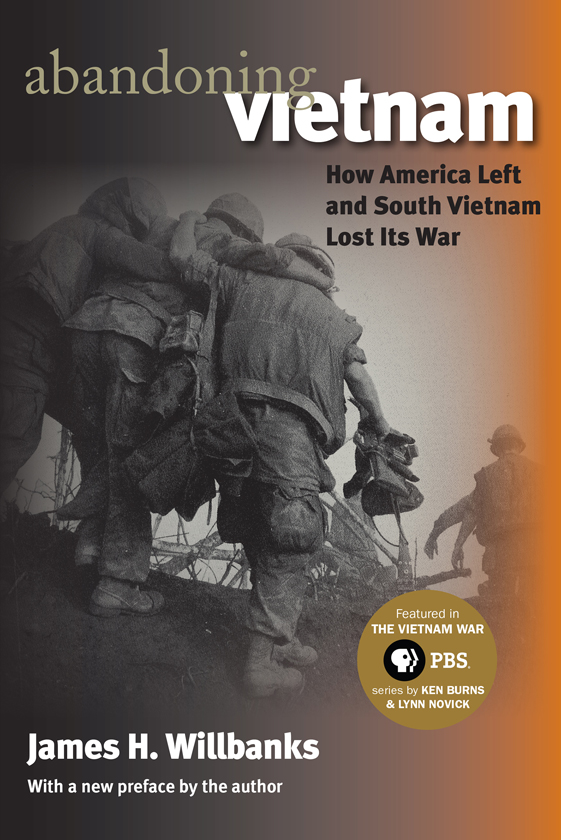
 University Press of Kansas
University Press of Kansas